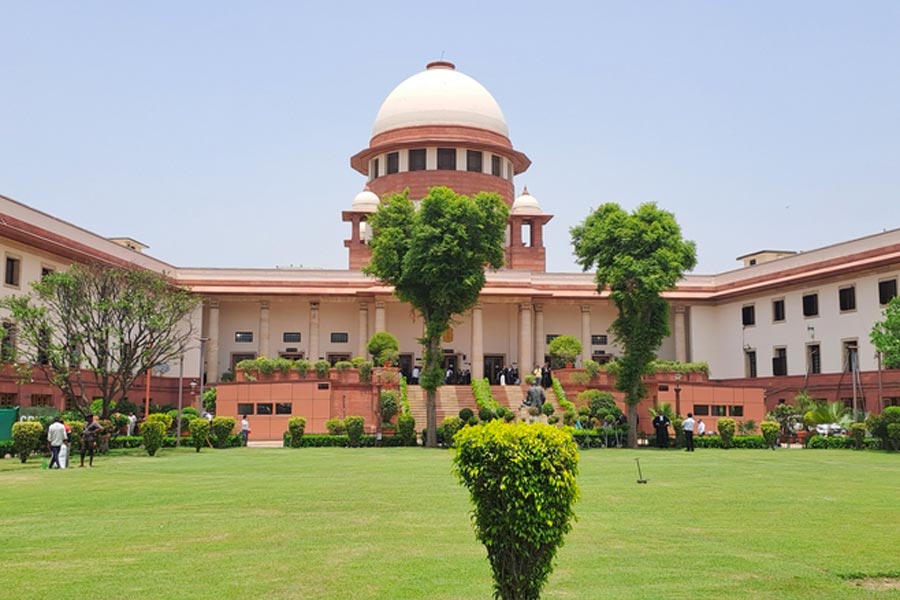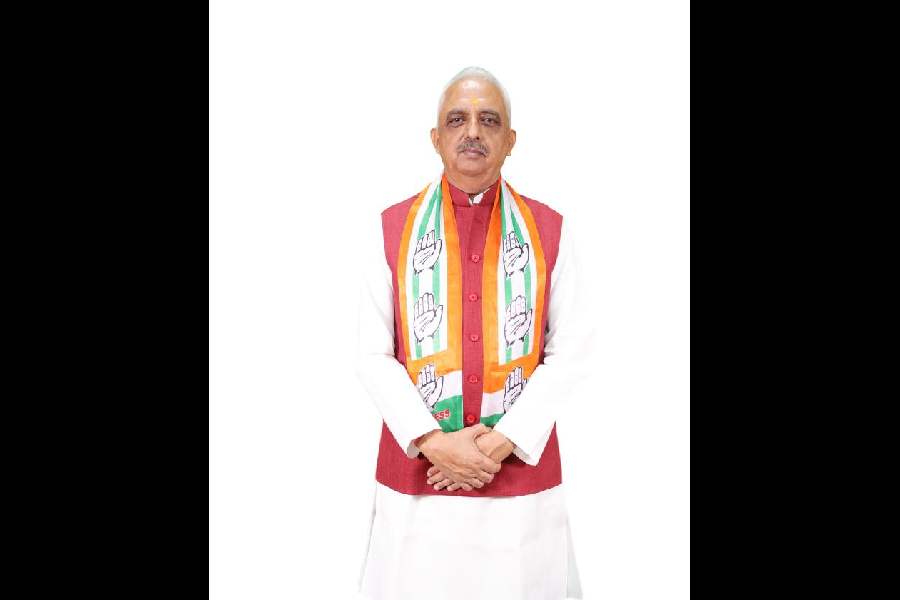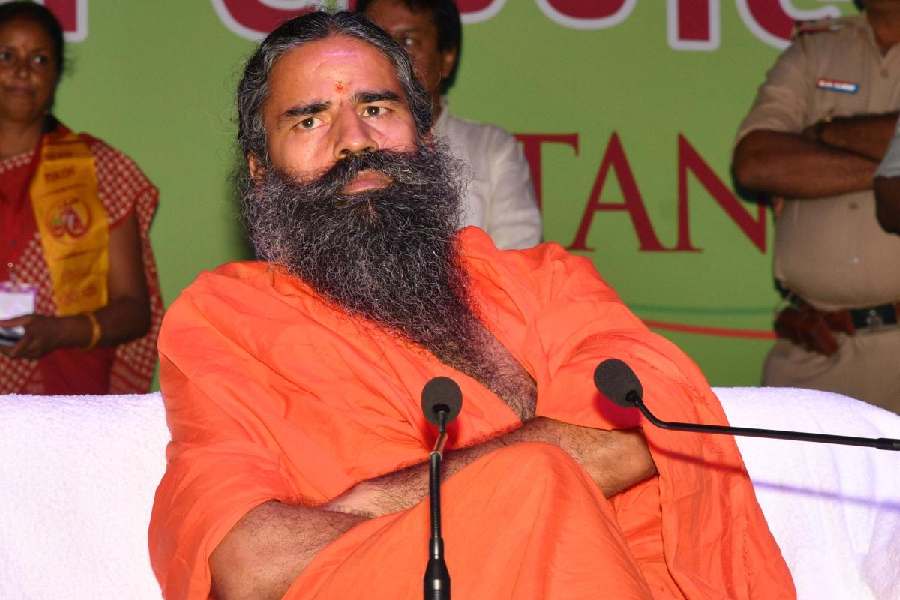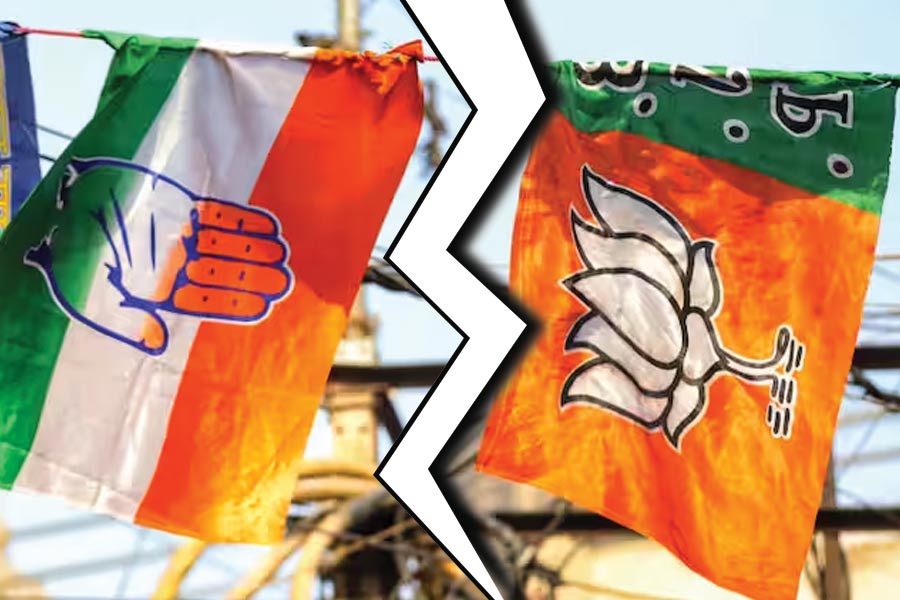Resolving criminal cases against legislators is urgent. It seems, however, that a matter of principle needs to be worked out too. The amicus curiae, Vijay Hansaria, who is helping the Supreme Court in speeding up such cases, stated that the six-year ban on contesting elections after imprisonment for legislators convicted of crimes indicating moral turpitude was not enough. Mr Hansaria’s argument was based on a comparison with public servants who are dismissed when accused of similar crimes. Neither are persons thus convicted allowed to be chairpersons or members of statutory bodies such as the Central Vigilance Commission or the National Human Rights Commission. This created the absurd situation by which a lawmaker who would be disqualified for only six years could make laws barring people with past convictions from joining statutory bodies. Moreover, such unevenness violated Article 14 of the Constitution by virtue of which everyone is equal before the law. Mr Hansaria was reporting on the constitutional validity of Section 8(3) of the Representation of the People Act, 1951 that laid down the six-year disqualification. This related to a petition presented by Ashwini Upadhyay, a Bharatiya Janata Party leader.
Mr Upadhyay’s latest concern could seem intriguing, since a couple of years ago the Union government had dissuaded the Supreme Court from examining the constitutional validity of the same section. The arguments establishing its validity then would work today as well. Public servants who are not elected have fixed rules of recruitment and service, while elected public servants have to swear an oath to serve the people. A more substantial point here would be that bureaucrats are recruited for their entire working life, whereas politicians must return to the people every five years. The field is not exactly level. But Mr Hansaria’s argument relied largely on the moral high ground, that legislators should be inviolable and ‘sacrosanct’. While that approach has much merit, it must be acknowledged that political rivalries and interests create a far more volatile situation than that faced by civil servants: Rahul Gandhi’s recent experience is a case in point. Dissociating politics from crime is of prime importance. But it is not just a technical issue. A lifelong disqualification for convicted politicians would assume that all related institutions, systems and processes are free of corruption and falsehood. Is that the case at present?










